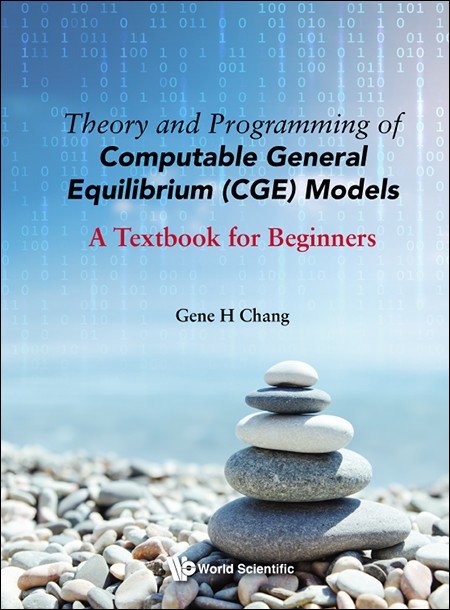System Upgrade on Tue, May 28th, 2024 at 2am (EDT)
Existing users will be able to log into the site and access content. However, E-commerce and registration of new users may not be available for up to 12 hours.For online purchase, please visit us again. Contact us at customercare@wspc.com for any enquiries.
This book adopts a typical textbook approach and format for CGE beginners to learn and master the subject. It explains the economics theory behind the CGE models. The learning proceeds step by step from basic economic theories to advanced topics, from simple to more comprehensive CGE structures along with the corresponding computer programs. Each chapter reviews relevant economic theories; illustrates new material with examples, diagrams and exercises; and provides the mathematical models along with the GAMS computer programing codes. At the end of a chapter, exercises are assigned for practice and enhancing understanding.
Sample Chapter(s)
Preface
Chapter 1: Introduction
- Preface
- About the Author
- Introduction
- Input–Output Models and Tables
- Prices in Input–Output Tables and Models
- SAM (Social Accounting Matrix) Table
- Balancing SAM Tables
- General Equilibrium Theory and Its Application
- Supply and Demand Functions of Enterprises
- CGE Models with Non-Linear Production Functions
- Utility Function and Households' Demand
- Price Numeraire and Macro Closures
- Government, Taxes, and Prices
- Savings and Investment
- Activities, Trade and Transport Margins
- CGE Models in Open Economies
- Complexities in Data and Modeling
- Subaccounts and Subprograms
- Assessing Outcomes and Refining the Model
- Limitations and Extensions of the Standard CGE Model
- GAMS Program Codes Used in CGE Models
- Variables and Parameters in Mathematical Expression, Chapters 8–17
- Variables and Parameters in GAMS Programs
- Appendix: The Openland2 Model
- Bibliography
- Index
See Detailed Table of Contents




